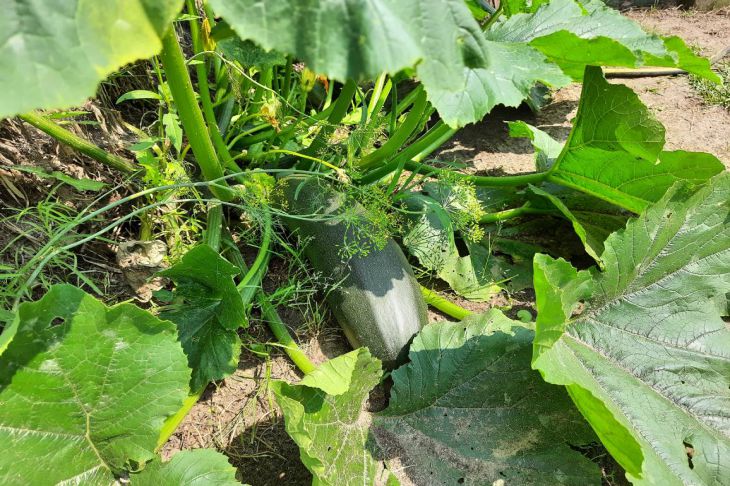Milk from the garden: it sounds like a waste, but those who have tried this method can no longer do without it.
It turns out that a regular carton of milk can replace dozens of drugs: protect against diseases, feed plants, and even improve the taste of fruits.
It's all about the unique composition: lactose, casein, calcium and fats create an invisible barrier on the leaves for fungi and viruses, and at the same time nourish the roots. But how can milk be turned into a weapon for record harvests?

Start with a simple recipe: mix 1 liter of whole milk (at least 3.5% fat) with 10 liters of water and add 15 drops of pharmacy iodine. Spray the plants once every 10 days, starting from the moment the first leaves appear.
The milky film will prevent powdery mildew and late blight spores from adhering to the surface, and iodine will enhance the antiseptic effect.
For pumpkin crops (cucumbers, squash), the concentration can be increased: 2 liters of milk per 10 liters of water. After the first treatment, you will notice that the leaves become denser and their color is more saturated.
But why is milk so effective? Casein, a milk protein, acts as glue, “sealing” micro-damages on leaves through which infections penetrate. And calcium strengthens cell walls, making plants resistant to temperature changes.
An interesting side effect: the smell of milk confuses pests. Aphids, whiteflies and even Colorado beetles avoid treated beds, mistaking them for foreign territory. And if you water the soil with a milk solution (1 liter per 5 liters of water), this will attract earthworms, which loosen the soil.
But that's not all. Milk can be used as a fertilizer. Dilute 500 ml in 10 liters of water and water tomatoes or peppers during the fruiting period. Calcium from milk will prevent blossom-end rot, and sugars will feed beneficial bacteria in the soil.
For cabbage, add a tablespoon of ammonia to the solution - this will scare away caterpillars and slugs. And if you mix milk with whey (1:1), you will get a remedy against scab on apple trees.
However, there are rules. Never use pasteurized milk with a long shelf life - it does not contain live enzymes. Homemade or store-bought milk with a fat content of 3.2% is ideal.
Do not spray plants in hot weather - the milky film can create a lens effect and cause burns. The best time is morning or evening in cloudy weather.
Those who use the method note that the fruits ripen a week earlier, and their taste becomes sweeter due to the accumulation of natural sugars.
What to do if the milk has gone sour? Don't rush to pour it out! Sour milk is an excellent base for sourdough. Mix it with water (1:3) and water the beds: lactic acid will suppress pathogenic microflora and activate root growth.
Add a handful of ash and you will get a complex fertilizer. Try it and you will understand why experienced gardeners have long replaced chemicals with ordinary milk.
